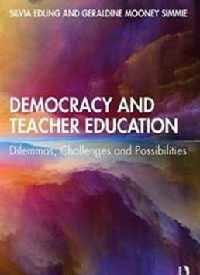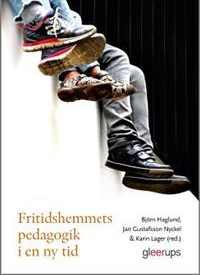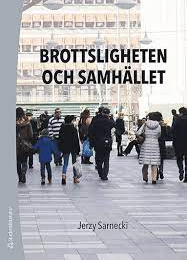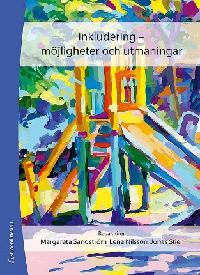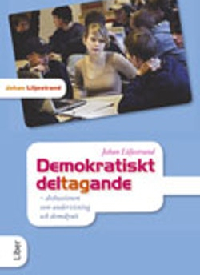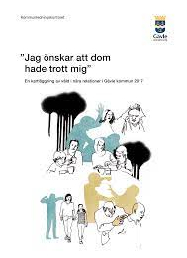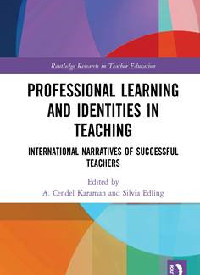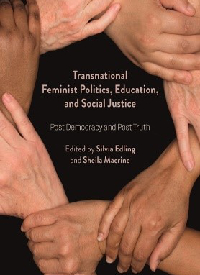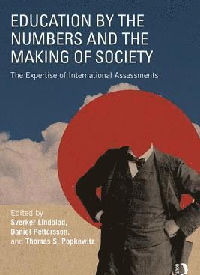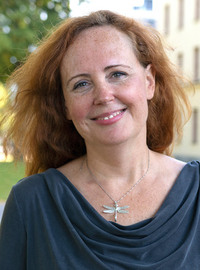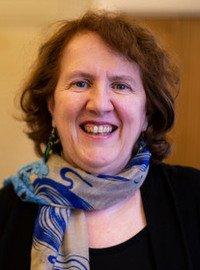This group also includes all members of the workgroup.
Iulian Cananau, senior lecturer, English
Peder Thalen, professor, religious studies
Iiris Attorps, professor, mathematics education
Eva Kellner, senior lecturer, biology
Lena Svennberg, senior lecturer, sport science
Sarah Ljungquist, senior lecturer, gender studies
Henrik Kaatari, senior lecturer, English
Signe Jernberg, senior lecturer, business administration
Lena O Magnusson, senior lecturer, art education
Ulla Forinder, professor, social work
Gloria Macassa, professor, public health science
Maria Randmaa, senior lecturer, nursing science
Lars Westfelt, senior lecturer, criminology
Amir Rostami, docent, criminology
Malin Jordal, senior lecturer, nursing science
Stefan Sjöberg, docent, social work
Nina Begovic, doctoral student, Nordic languages
Kerstin Bäckman, curriculum studies






%20HIG_AUE_Illustration_ENG.jpg)
%20mobbing.800.jpg)
%20Likv%C3%A4rdighet%20700.jpg)
%20V%C3%A5ld%20p%C3%A5%20jobbet%20700.jpg)


